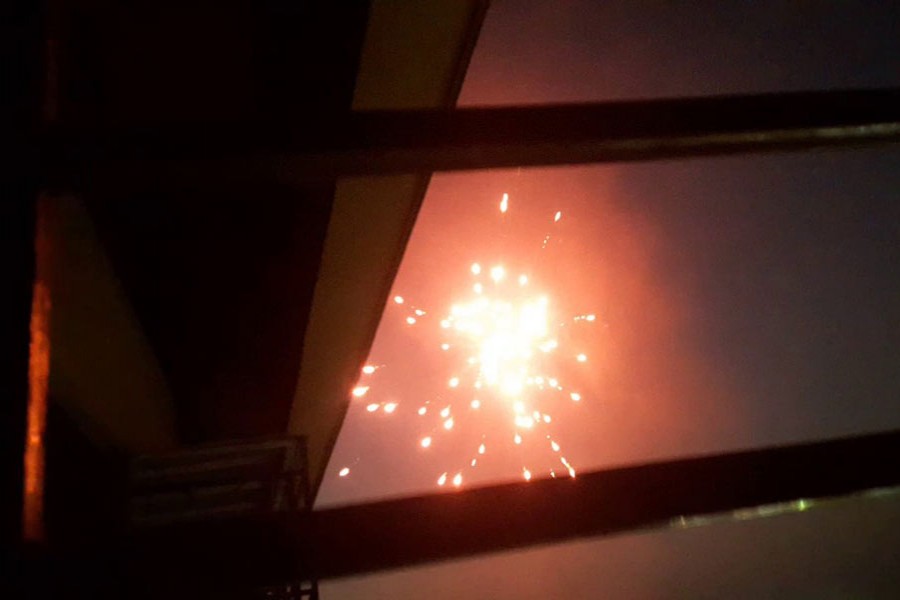The peoples in this part and other parts of the world celebrate at least two -if not more -New Year's Days. One has its origin in the culture and clime of a people, community or indigenous people and the other is perhaps most widely celebrated one because of the colonial legacy and convenience for global communication. The use of Gregorian and Julian calendars has unified the count of days, weeks, months and years. But still there is need for adjustment of hours or days in order to fix some particular years to the 365-day limit.
The educated and elite classes become accustomed to the Gregorian calendar so much that they totally forget the dates and even months on the indigenous calendar. But the large majority belonging to the agrarian society still respect their customs of ploughing crop fields, sowing seeds, planting saplings, harvesting and other religious rites and rituals, festivals and social customs. Their life still revolves round the rural culture and celebrations. They follow the traditional calendar.
There was a clash of civilisation with the European powers colonising countries in Asia and Africa. Many of the indigenous norms, social customs and even language became extinct in the face of onslaught from the Spanish, Portuguese, Dutch, French and of course English conquerors. African tribal people could not, in most cases, withstand such onslaughts. But the cultures and customs of the sub-continent are so rich, diverse and deep-rooted that the colonists could not replace those of the locals with theirs.
Yet the British did something quite unique and influential. They changed the mentality of the upper crust of people -both in positive and negative senses. The rise of infamous Babu culture on the one hand and the unlocking of prospect as manifest in the fascination for Bar-at-Law degrees in England or Michael Madhusudan Dutta's ambition for excellence in English poetry changed the mental landscape of the moneyed and privileged classes on the other.
The 31st December night's revelry is a legacy of the Babu culture considered degenerative. Rural, simple folks could not care less for such uncontrolled exuberance. Welcoming the New Year at midnight, according to the Western system, has prompted the so-called progressive segment of society to take advantage of a liberal alien culture. Now the police have to issue orders prohibiting gathering of crowds in the open spaces for celebration of the New Year.
Considered against such revelry, the celebration of the Bangla New Year is simply heavenly. At dawn people attired in their traditional dresses pay homage to the glory of the yearly cycle. Chhayanaut does it the best way. The sweet melody of the flute wafted by the enchanting morning breeze sets the tone of the day. A sublime atmosphere of peace and harmony is created and that is how the Bangalees pay their gratitude to the day for staying alive and be blessed.
On the eve of the New Year's Day, it is better to prepare oneself, purify the soul of all things dark and malicious and acquire the knowledge that gratitude to and love for fellow human beings actually sustain society and everyone has an obligation to the land and its people. On the same token, this country has become an unwilling host to one million neighbouring people who have been one of the worst persecuted in the modern times. This nation would like to see that the enormous socio-economic and environmental adverse impact created on account of their presence here is taken off. The international community should do everything in their power to make this happen. Or, the New Year will prove to be gloomy enough, not only to the refugees but also to the hosts as well as the peoples around the world. Civilisation will look poorer than ever before and the celebration of the widely celebrated day will lose both meanings and purposes.


